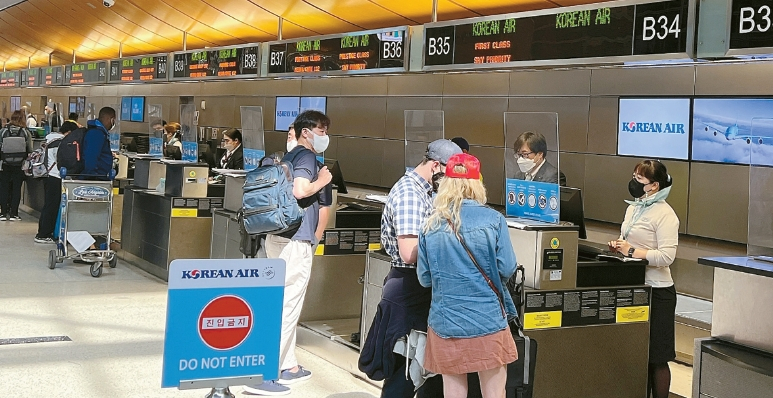The merger of Korean Air and Asiana Airlines has been finalized, creating a global aviation giant ranked 11th in the world. The two airlines will operate independently for the next two years before fully integrating by the end of 2026. At that time, the Asiana Airlines brand will be retired, and the unified entity will operate under the Korean Air name.
Here’s a closer look at how the merger may impact consumers, including changes in airline alliances, mileage programs, ticket pricing, and route operations.
Changes in Airline Alliances
Asiana Airlines is currently a member of Star Alliance, the world’s largest airline alliance with 25 members, including Lufthansa, Turkish Airlines, and Singapore Airlines, serving over 1,200 airports globally. After the merger, the alliance affiliation will shift to SkyTeam, which includes 19 airlines such as Delta Air Lines, Air France, Virgin Atlantic, and China Airlines, covering about 1,000 airports worldwide.

Mileage Program Adjustments
Asiana Airlines mileage can continue to be used as usual until the full integration in late 2026. Afterward, the mileage will be combined with Korean Air’s program and transitioned into the SkyTeam system. However, concerns over the conversion ratio between the two programs have already sparked debate. Korean Air miles are currently considered more valuable than Asiana miles, with speculation about a potential 1:0.7 conversion ratio. This has raised concerns among Asiana customers, who may feel disadvantaged.
In the meantime, many Asiana customers are expected to use their mileage before the transition. However, issues with Asiana’s mileage redemption process—such as complex upgrade procedures and limited inventory at their exclusive mileage shopping mall—have already drawn criticism. Experts suggest that both airlines should address these concerns to ensure a smoother transition for customers.
Ticket Price Changes
Concerns about rising ticket prices have also been raised, as the merged entity could dominate the market and potentially increase fares. Korean Air has pledged not to raise ticket prices beyond inflation rates, a promise that will be monitored by Korea’s Fair Trade Commission and Ministry of Land, Infrastructure, and Transport. Additionally, competition from foreign carriers and low-cost carriers (LCCs), such as Air Premia’s expansion into mid- and long-haul routes, is expected to help maintain market balance.
Changes in Flight Routes
Route adjustments are anticipated, with overlapping routes likely to be consolidated. However, new routes to destinations in Europe and South America are expected to be introduced, and existing routes may see increased frequency. For example, flights to North America, which are currently clustered in similar time slots, may be distributed across different schedules to provide more options for travelers. These changes will require coordination with airport authorities and could take time to implement.
Additional Changes
Until the integration is complete, the two airlines will operate separately. Starting in the second half of next year, Asiana Airlines will relocate its operations from Terminal 1 to Terminal 2 at Incheon International Airport. This move will also include Asiana’s affiliated LCCs, such as Air Busan and Air Seoul.
Yoon-Seok Jung, Korean Air’s regional manager for the western U.S., stated, “Details about the merger are still under review. Regarding mileage, specifics like accrual systems and validity periods will be finalized after thorough internal discussions, with a focus on minimizing inconvenience for our customers.”
BY HOONSIK WOO [woo.hoonsik@koreadaily.com]

![Korean President Yoon Suk Yeol ousted from office after unanimous Constitutional Court ruling President Yoon Suk Yeol, right, delivers his closing statement at the 11th and final hearing of his impeachment trial at the Constitutional Court in Jongno District, central Seoul, on Feb. 25. [CONSTITUTIONAL COURT]](https://www.koreadailyus.com/wp-content/uploads/2025/04/0403-impeach-100x70.jpg)
![Clovine accelerates global expansion in collaboration platform market Website of Clovine, a cloud-based project management provider [Screenshot]](https://www.koreadailyus.com/wp-content/uploads/2025/04/0403-clovine-100x70.jpg)

![Hangar images indicate North Korean advances in military drone domain Satellite photos taken on March 28, included in Beyond Parallel's report on North Korea, shows what appears to be seven new drone hangars at the Banghyon Air Base. [SCREEN CATPURE]](https://www.koreadailyus.com/wp-content/uploads/2025/04/0402-Hangar-100x70.jpg)